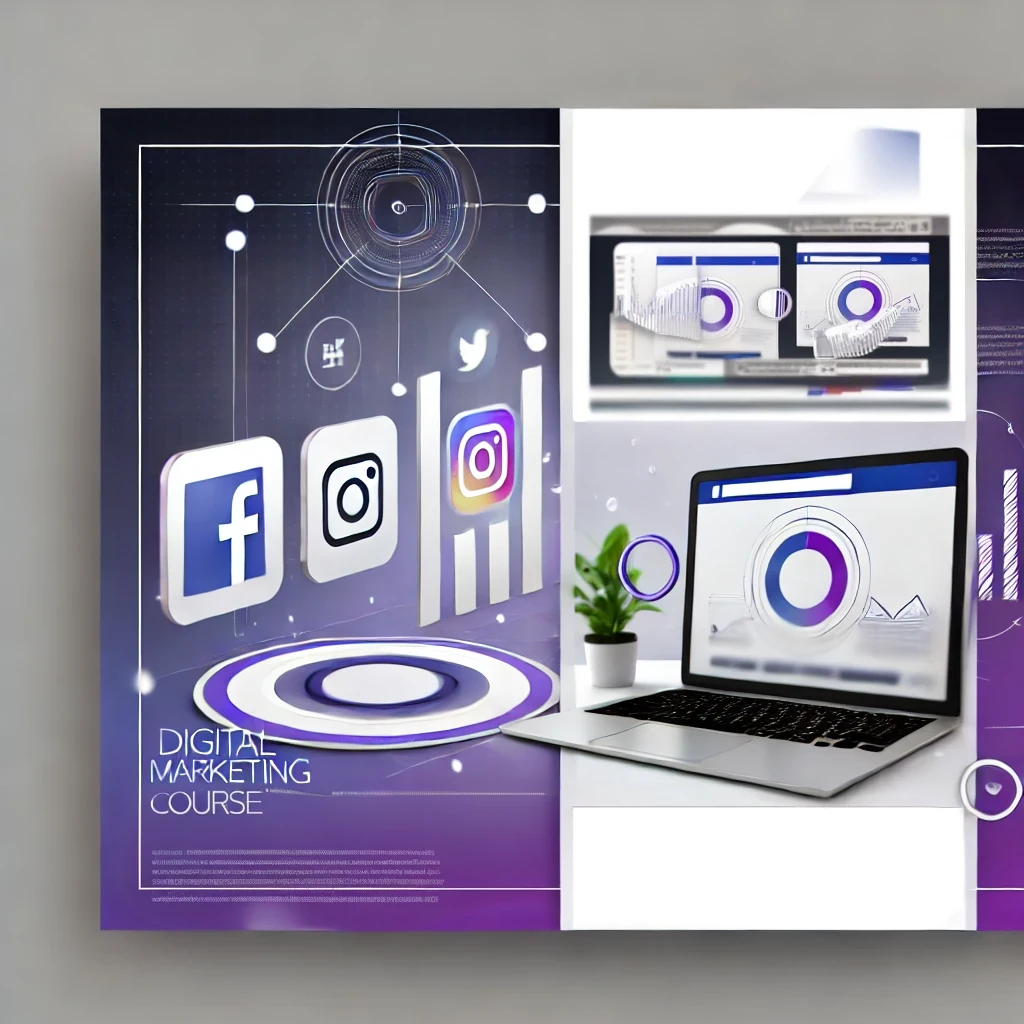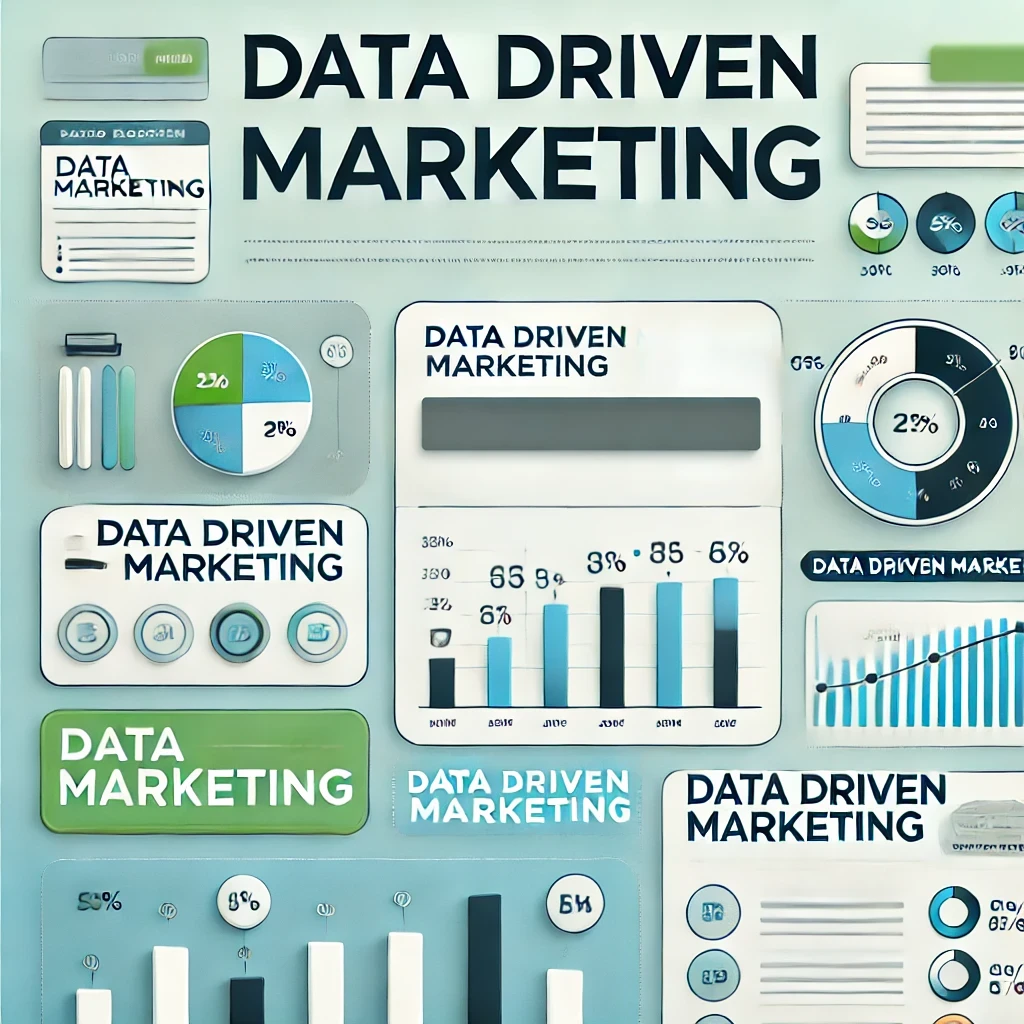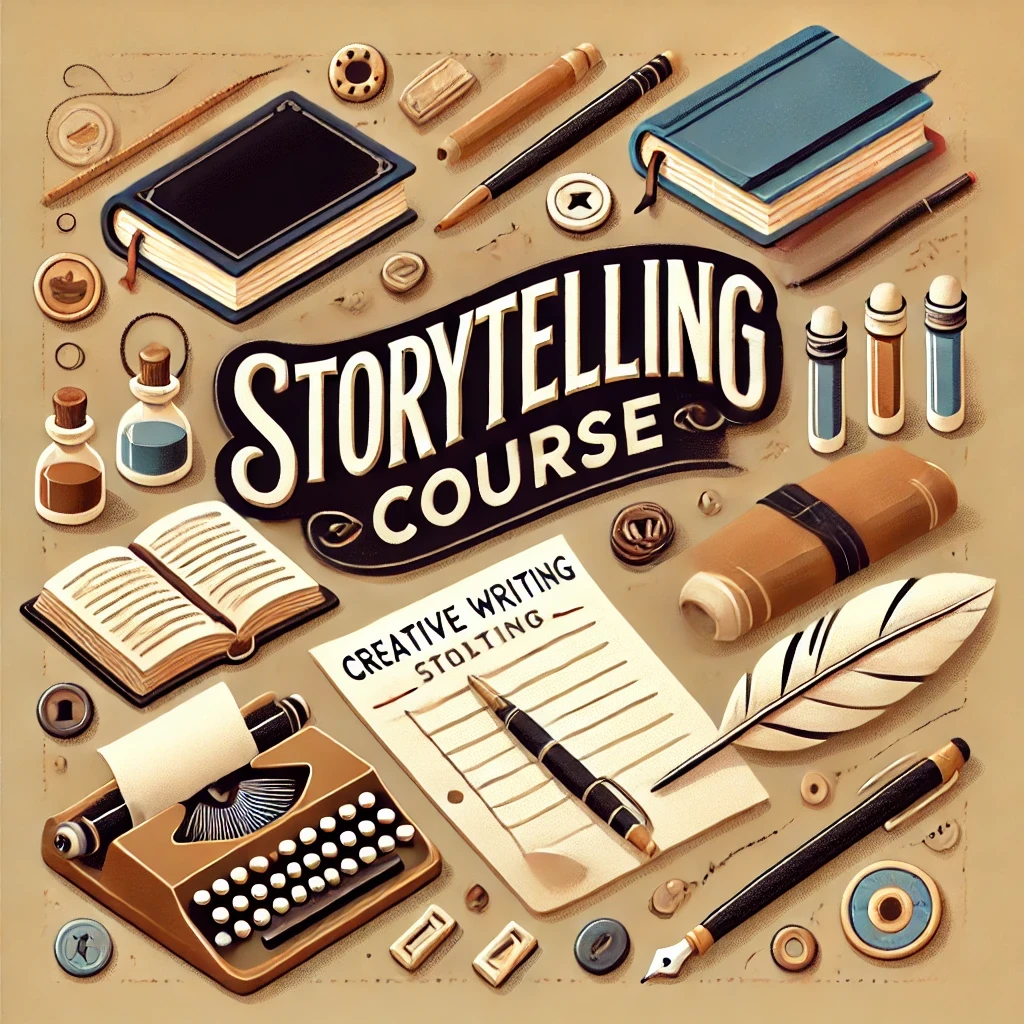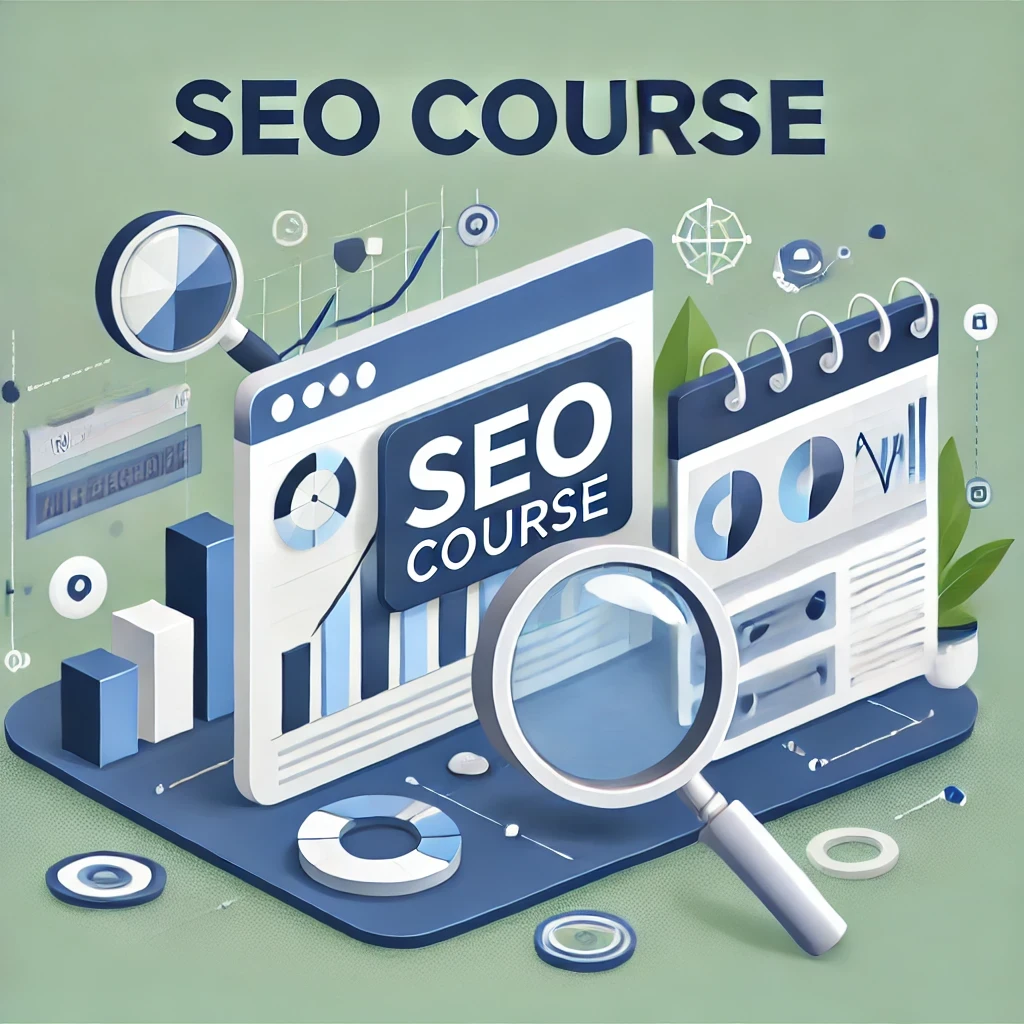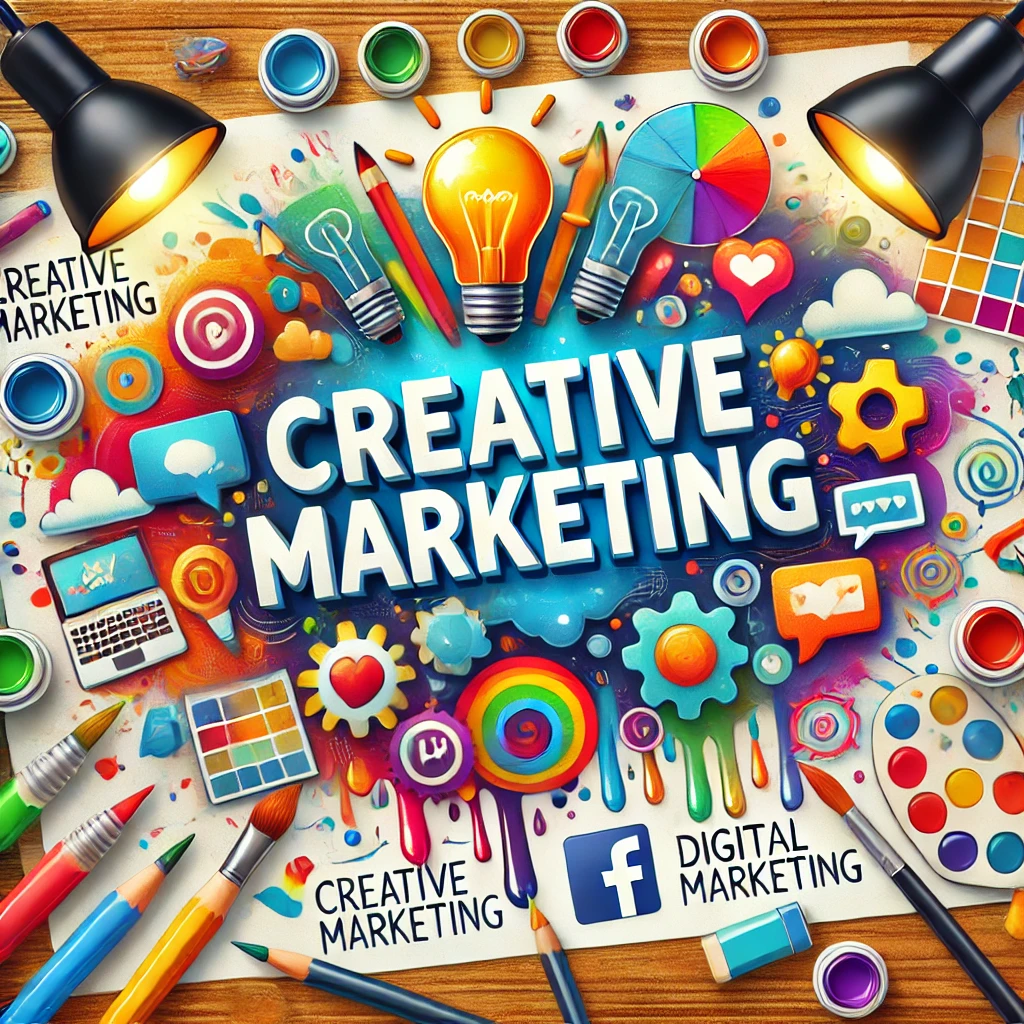
Creative Advertising
Individual courses#10004
Advertising has a strange characteristic – we usually try to avoid it, block it, or skip it. On the other hand, we may eagerly await a new campaign from our favorite brand and enjoy watching Nike’s commercials, McDonald’s and Burger King’s battles, or Coca-Cola’s holiday caravans. When does advertising become entertaining rather than annoying? How do certain brands manage to do this? What makes an advertising campaign effective? In this course, we will try to answer these questions.
During the lectures, we will review the basics of advertising communication, key principles, and tools. We will explore the mechanisms of a creative agency, its responsibilities, and how to maintain harmonious relationships with clients. We will analyze global and Georgian case studies.
Students will have the opportunity to take a look inside the advertising industry and develop managerial skills in campaign planning, evaluating creativity, and working with creative teams.
After completing the course, you will be able to:
- Develop a brief
- Set goals and plan advertising campaigns
- Choose communication channels based on the campaign’s goals and target audience
- Communicate effectively with creative, media, and production agencies
- Define the resources necessary for branding and manage the process
- Evaluate the effectiveness of campaigns
- Use supportive techniques for effective communication
Who is this course for?
The course is intended for those who are choosing their profession and are interested in working in the advertising industry, or for anyone looking to change their career direction. The course will be useful for beginner marketers, brand/project managers, or account managers. It’s also suitable for startup founders who need general knowledge of communication and working with agencies or external resources.
It is important for students to have an intermediate level of English to understand and analyze English-language case studies.
The course includes:
Throughout the course, students will have unlimited access to the global database WARC, which will allow them to deepen their knowledge in various areas. It doesn’t matter which field you are in; on WARC, you can explore case studies, articles, data, trends, webinars, mini-courses, and reports from almost every industry.
Upon successful completion of the course, students will receive a bilingual certificate.
Syllabus:
Lecture 1 – Introduction
- Course overview
- The evolution of advertising: Then and now
- The advertising industry in Georgia
- Forms and formats of advertising, and rational-emotional approaches
Lecture 2 – Branding
- Brand and product
- Brand strategy
- Defining the target audience
- Visual and verbal branding
- Practical assignment
Lecture 3 – Communication Objectives
- Advertising communication goals
- Campaign planning: Identifying problems/goals, action plan, budget, timeline
- Practical assignment
Lecture 4 – Media & Touchpoints
- Defining traditional and non-traditional media
- Owned, Paid, Earned Media
- Reviewing different media channels and their best-use cases
- Exploring various touchpoints between the consumer and the brand
Lecture 5 – Additional Tactics
- Buzz, Word-of-mouth, Teaser, Celebrity endorsement, Product placement, etc. – Supportive techniques for effective communication
- Practical assignment
Lecture 6 – Agency Life
- How does a communication agency work? Agency types, structure, workflow
- What skills are required in an agency?
- How to maintain a harmonious relationship between clients and agencies?
Lecture 7 – Brief
- Client brief, debrief, creative brief: Important documents that help guide processes when working on a project
- Insight
- Practical assignment
Lecture 8 – Creative Effectiveness
- Criteria for evaluating the effectiveness of campaigns
- Reviewing creative effectiveness metrics developed by WARC and Cannes Lions
- Evaluating global campaigns
Lecture 9 – CSR & Cause-Related Marketing
- Corporate Social Responsibility (CSR) in modern marketing
- Practical assignment
Lecture 10 – Recap
- Integrated (360-degree) campaigns
- Summary of the course material
- Final project brief
Lecture 11 – Final Project Presentation
- Final project presentation
After completing the course, you will be able to:
- Develop a brief
- Set goals and plan advertising campaigns
- Choose communication channels based on the campaign’s goals and target audience
- Communicate effectively with creative, media, and production agencies
- Define the resources necessary for branding and manage the process
- Evaluate the effectiveness of campaigns
- Use supportive techniques for effective communication
Who is this course for?
The course is designed for those who are choosing their profession and are interested in working in the advertising industry, or for anyone looking to change their career direction. The course will be useful for beginner marketers, brand/project managers, or account managers. It’s also suitable for startup founders who need general knowledge of communication and working with agencies or external resources.
It is important for students to have an intermediate level of English to understand and analyze English-language case studies.
The course includes:
Throughout the course, students will have unlimited access to the global database WARC, which will allow them to deepen their knowledge in various areas. It doesn’t matter which field you are in; on WARC, you can explore case studies, articles, data, trends, webinars, mini-courses, and reports from almost every industry.
Upon successful completion of the course, students will receive a bilingual certificate.
Creative Advertising

